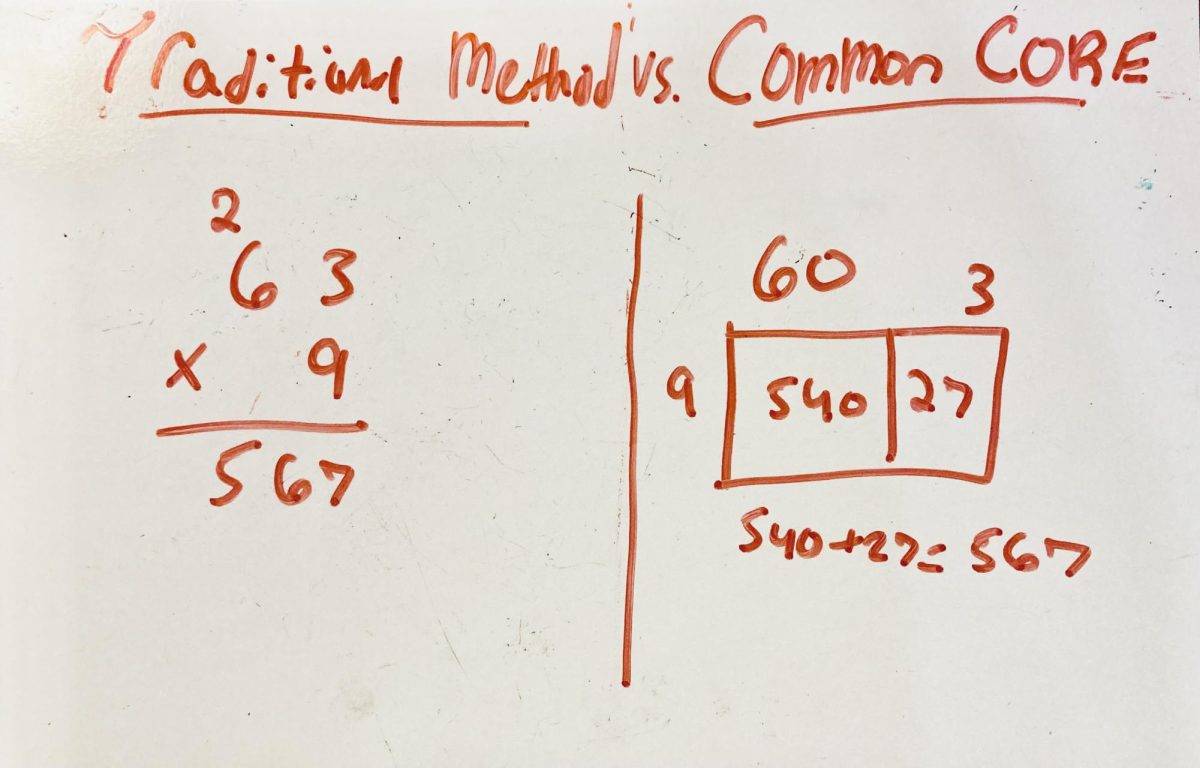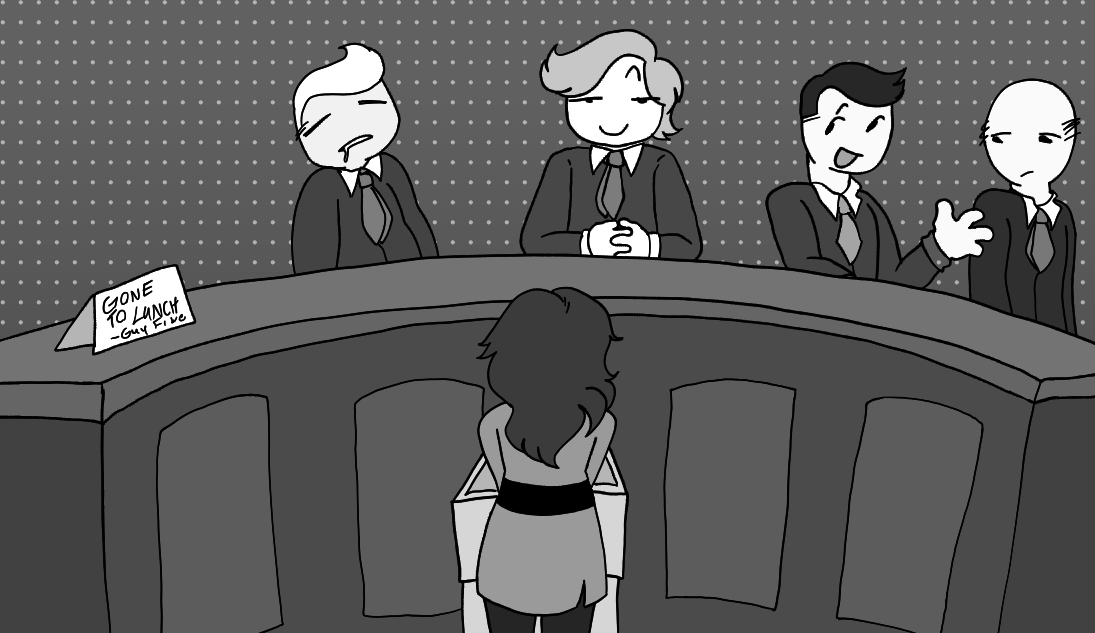Across the country, 21 states continue to administer the death penalty-or capital punishment-to its criminals, which critics say violate their eighth amendment protections from punishments that are either “cruel” or “unusual.” In the United States, the most common form of execution is lethal injection since it is seen as humane: even though it’s not.
Typically, a prisoner, strapped to a chair, is first injected with an anesthetic drug. The point of the anesthetic drug is to prevent the prisoner from feeling pain. However, recent studies have indicated that in 90% of these cases the prisoner is capable of feeling pain, and in 40% of these cases the prisoner is still conscious due to an improper administering of the anesthetic.
From this point, the prisoner is administered with a paralytic agent. Without this injection, the body would convulse from the pain, which would be quite disturbing for onlookers to experience-that’s the entire reason. This step is purely because lethal injection, without taking steps to mute the physical reactions, would be disturbing for everyone else to witness.
Finally, the prisoner is injected with a lethal dosage of potassium chloride which causes the heart to suffer from cardiac arrest, killing the prisoner if done correctly. That death is not instantaneous though, usually taking two minutes, but can extend to two hours of suffering from errors. Notably, American organizations of psychologists and anesthesiologists must recuse themselves from these processes, due to it violating their hippocratic oath, meaning prison employees are tasked with the procedures.
It’s difficult to argue from here that this is somehow the most humane way to kill someone; these executions amount to procedures riddled with errors and inhumane conditions, hidden with some state government secrecy. Even worse, states today are using combinations of drugs that have not been properly tested, and, because many pharmaceutical companies are preventing state governments from obtaining these experimental chemicals, they buy these drugs from unknown sources. In short, lethal injection is just not a humane way to kill anyone, no matter how much we want it to be.
Going through every other mode of execution is beyond the scope of one editorial, and might make readers vomit, but it’s not hard to imagine how dying to a firing squad, electric chair, gas chamber or hanging can be any less horrific and riddled with potential errors. So instead of continuing our long, unsuccessful search for the best killing methods, we as a society should just ditch executing people altogether.
Most nations of the world have abolished the death penalty altogether-placing the United States with the likes of China, Iran, Saudi Arabia and Egypt. These nations don’t make good company for us or our values, and highlight how our policies betray our morality.
The death penalty sets a dangerous tone for the American penal system. It’s a stain on our values because it empowers a government to determine whether someone is so immoral that they are no longer deserving of their life, liberty or pursuit of happiness. Aside from the moral argument, Americans just cannot trust their courts to always make the perfect decision every time.
One must recognize that there is no room for error when providing the death penalty-once an execution is given, there is no going back. If new evidence appears that provides even a reasonable doubt of one’s guilt, there is no possibility of correction or appeal. And with as quickly as new technology develops and old technology is disproven, can one ever be truly confident of every single case’s verdict, let alone thousands?
Our institutions were built and are run by imperfect people, who are perfectly capable of making mistakes or misjudgments that change the course of a case. In fact, four percent of all executions in the United States were later proven to have killed an innocent life. Therefore, the death penalty, with its totality and finality, must be abolished to preserve trust in these institutions and officials and allow for correction in cases that were wrongfully decided.
In addition, the death penalty is a larger symptom of a system indifferent to rehabilitation. In casting others off to their death, society argues that they are incapable of reforming themselves. Across the board, prisons fail to rehabilitate our prison populations, but the death penalty is the greatest demonstration of our broken system that treats people as anything but human.
Legally, the death penalty remains constitutional in the eyes of the Supreme Court, but that is not without numerous arguments challenging that view. The most significant case was Furman v. Georgia, which successfully made the death penalty unconstitutional nationwide in 1972, until it was overturned four years later with Gregg v. Georgia.
Some reforms have been made throughout the years, placing some restrictions and more requirements on convicting one on the death penalty, but each falls short of banning it entirely. The majority opinion in Furman had it right: an execution can never be humane, and is thus always cruel. And as the country searches for the illusive humane execution, the unusualness of these deaths only seems to grow.
It’s time to stand strong with our American values and recognize the medieval nature of all types of death penalties. The moral implications of continuing the death penalty alone make it impossible to defend the practice, but the practical and legal effects only strengthen that case.



















